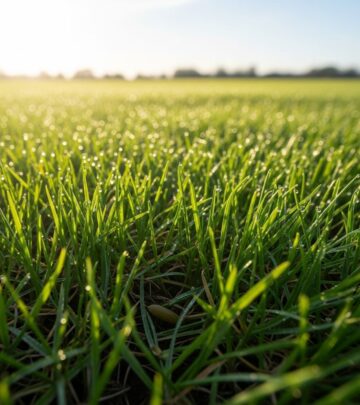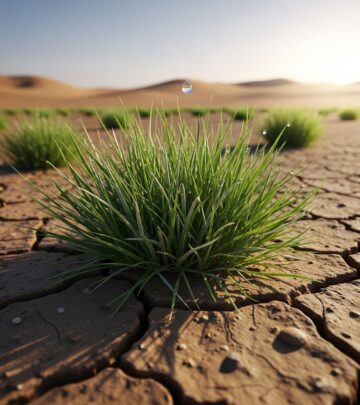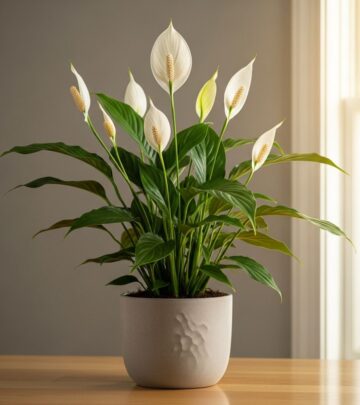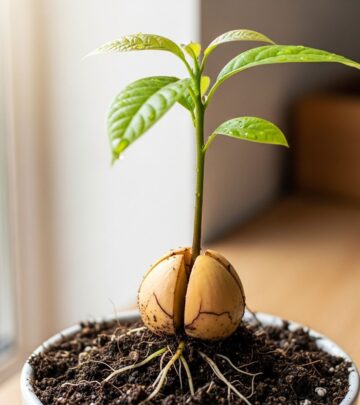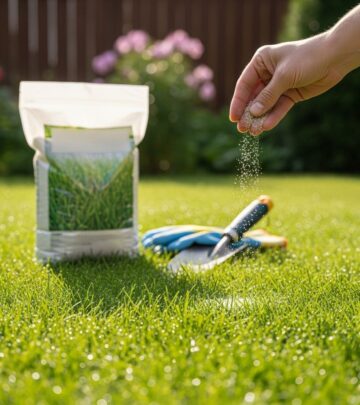Coconut Coir Mulch: An Eco-Friendly Mulching Solution for Modern Gardens
A renewable fiber layer that holds moisture, suppresses weeds, and revitalizes soil.
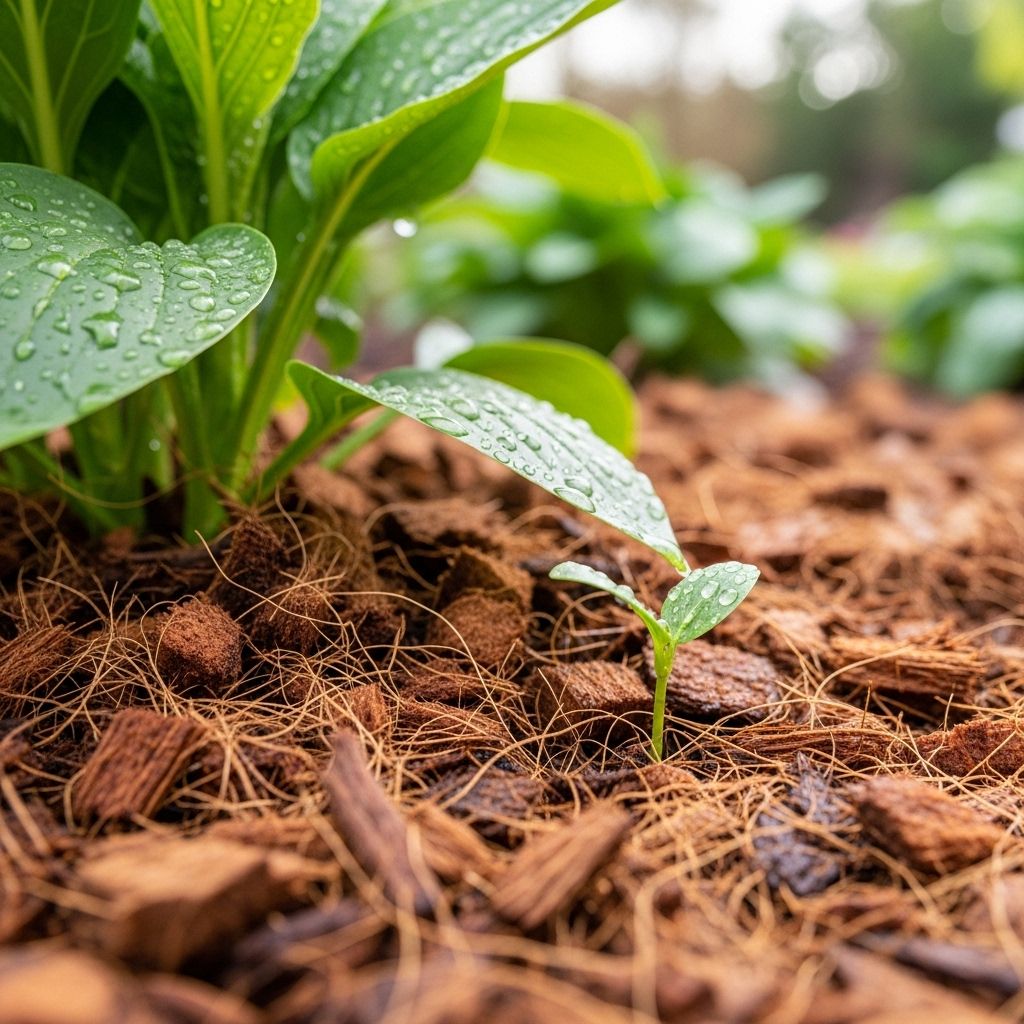
Coconut coir mulch is rapidly gaining recognition among gardeners for its unique blend of sustainability, performance, and soil-enhancing benefits. Derived from the fibrous husk of coconuts—a natural byproduct of the coconut industry—coir mulch provides an environmentally friendly alternative to traditional mulching materials. This comprehensive guide explores what coconut coir mulch is, its key advantages and disadvantages, application techniques, and tips for maximizing its value in home gardens.
What Is Coconut Coir Mulch?
Coconut coir mulch is made from the processed husk fibers found between the hard inner shell and the outer coat of coconuts. Once considered a waste product, these fibers are now transformed into mulch, soil amendments, and growing mediums. The resulting material, available in forms such as bricks, chips, or loose fibers, is popular for mulching, potting mixes, and hydroponic systems.
- Origin: Byproduct of the coconut processing industry, mainly in tropical regions like Southeast Asia and India.
- Forms: Can be purchased as compressed bricks, loose fibers, blocks, or chips.
- Main Uses: Mulch for garden beds, raised beds, container gardens, and soil amendment for improved soil structure.
Why Coconut Coir Mulch Is Gaining Popularity
The environmental cost of traditional mulches, such as peat moss and wood chips, is driving gardeners toward more sustainable options. Coir mulch stands out due to its renewable sourcing and multiple soil health benefits.
Pros of Using Coconut Coir Mulch
Coconut coir mulch offers numerous horticultural and environmental advantages, making it a compelling choice for eco-conscious gardeners.
1. Outstanding Moisture Retention
Coir fibers are naturally absorbent and capable of storing large amounts of water—up to 10 times their dry weight. This creates a moist environment around plant roots, reducing the frequency of watering and protecting plants from drought stress.
- Excellent for dry, arid climates and hot summers.
- Slows down evaporation, keeping soil consistently moist.
- Supports a healthy soil biome by encouraging beneficial organisms like earthworms.
2. Erosion Control
Because coconut coir holds onto moisture and binds soil particles, it effectively prevents soil erosion—especially on slopes and exposed beds. The interlocking fibers trap sediments and keep them anchored, even during heavy rains.
- Protects the topsoil and plant roots from runoff.
- Promotes better nutrient retention within the garden bed.
3. Improved Aeration and Soil Structure
Unlike some dense organic mulches, coir’s fibrous structure creates air pockets that keep the soil loose and breathable. This is particularly helpful in clay-heavy soils, where compaction can stifle root growth and water movement.
- Encourages robust root development.
- Prevents soil compaction and improves drainage.
- Makes working with heavy soils easier.
4. Sustainable and Renewable Resource
Coconut coir is a byproduct that would otherwise go to waste. Its use reduces reliance on non-renewable mulches like peat (“peat moss” is harvested from sensitive carbon-rich bogs) and supports sustainable agriculture. Using coir mulch diverts agricultural waste from landfills and supports low-impact production methods.
- Completely renewable and biodegradable.
- Reduces negative environmental impacts compared to peat or bark mulches.
- Often less processed and requires less shipping energy because coconuts are produced in abundance worldwide.
5. pH Neutrality and Nutrient Support
Coir mulch typically has a pH between 5.5 and 6.8, which is close to optimal for most garden plants. Its high cation exchange capacity (CEC) enables it to hold onto and gradually release nutrients, making fertilizers more effective and reducing nutrient leaching.
6. Natural Resistance to Pests and Fungal Diseases
Coconut coir contains natural compounds that inhibit fungal growth and deter some soil pests. This antifungal and pest-resistant quality makes it ideal for starting seeds, organic gardening, and sensitive crops.
- Reduces the risk of common root diseases such as Pythium and Fusarium.
- Helps protect young seedlings and cuttings.
7. Weed Suppression
Applying a sufficient layer (2–3 inches) of coir mulch blocks out light, hindering weed germination and establishing a neat, tidy garden bed.
- Minimizes competition for nutrients and water.
- Cuts down on manual weeding tasks.
8. Versatile and User-Friendly
Coir mulch is lightweight, easy to transport, and can be applied by gardeners of all skill levels. Its compressed form is convenient for storage and expands significantly when hydrated, making it economical and easy to handle.
Cons of Coconut Coir Mulch
Despite its many strengths, coconut coir mulch isn’t perfect for every setting. Awareness of its drawbacks will help you make informed decisions in your garden.
1. High Initial Cost
Compared to other organic mulches like straw or bark, coconut coir is often more expensive upfront due to processing and shipping costs. However, its long lifespan and effectiveness may offset some of these costs over time.
2. Possible Salt Content
Some coir products can contain residual salts from coconut processing. If not properly rinsed at the source, these salts may accumulate in your soil over time.
- Only purchase products labeled as rinsed or low-sodium.
- Consider soaking and rinsing your coir mulch before use, especially for salt-sensitive plants.
3. Slow Decomposition
Coir fibers are relatively slow to break down compared to soft mulches like straw, which limits how quickly they add organic matter to the soil. This is a benefit for longer-lasting mulch but a drawback if rapid soil enrichment is your goal.
4. Limited Nutrient Content
While coconut coir helps with moisture and structure, it lacks significant levels of plant nutrients. Always supplement your garden with organic fertilizers or compost when relying on coir mulch alone.
5. Potential for Hydration Challenges
If left to dry out completely, coir mulch can sometimes become hydrophobic, making it harder to re-wet. Consistent moisture retention typically avoids this issue, but watering deeply and occasionally fluffing the mulch will maintain optimal performance.
How to Use Coconut Coir Mulch in the Garden
Applying coconut coir mulch is simple, but a few best practices will maximize its benefits and longevity.
Preparation Steps
- Hydrate the Coir:
- If using bricks or blocks: Place the coir in a large bucket or tub, add water, and allow it to soak for 15–30 minutes. It will expand significantly.
- Fluff and break apart the fibers as needed.
- Application Layer: Spread a layer 2–3 inches thick for best moisture retention and weed suppression.
- Covering: Optionally, use with landscape fabric or as a top dressing around container plants, raised beds, or vegetable plots.
- Watering: Ensure the mulch stays evenly moist, especially during the first weeks of use.
Where to Use Coconut Coir Mulch
- Vegetable gardens
- Flower beds
- Container plants and raised beds
- Pathways and ornamental plantings
- Seed starting mixes (as a base or amendment)
Maintenance Tips
- Refresh the layer each year or as it settles and breaks down.
- Add organic fertilizer during growing season as coir is low in nutrients.
- Remove any weeds that do penetrate the mulch quickly, as they’ll be easier to pull from loose coir.
- For containers, check drainage to prevent potential overwatering, though coir usually prevents waterlogging thanks to its structure.
Comparing Coconut Coir Mulch to Other Mulching Options
| Mulch Type | Water Retention | Soil Aeration | Decomposition Rate | Sustainability |
|---|---|---|---|---|
| Coconut Coir | Excellent | Very Good | Slow | High |
| Wood Chips/Bark | Good | Moderate | Slow | Variable |
| Straw | Moderate | Good | Fast | Good |
| Peat Moss | Excellent | Poor | Slow | Poor (non-renewable) |
Is Coconut Coir Mulch Right for Your Garden?
Assess your garden’s specific conditions before choosing coconut coir mulch:
- Excellent Choice: For gardens prone to drought, water restrictions, or in need of improved aeration and erosion control.
- Consider Alternatives: If you require fast decomposition for soil-building or are working with a strict budget, coir may not be the best fit.
Frequently Asked Questions (FAQs)
What plants benefit most from coconut coir mulch?
Most vegetables, flowers, fruiting shrubs, and container-grown plants thrive with coconut coir mulch, due to its balanced pH and excellent moisture control. Sensitive crops may need extra monitoring if using coir with possible salt residue.
Can I use coconut coir mulch with other fertilizers?
Absolutely. Coir mulch complements liquid and granular fertilizers well and may even improve nutrient retention in sandy or fast-draining soils due to its high cation exchange capacity.
How often should I replace coconut coir mulch?
Coconut coir decomposes slowly, often lasting a full season or longer. Top up or refresh the layer annually to maintain weed suppression and soil insulation.
Is coconut coir safe for pets and wildlife?
Yes, coir is non-toxic and safe for pets and beneficial insects. It is less likely to harbor mold spores or pests than some other organic mulches.
Does coir mulch attract pests or fungi?
Coconut coir is naturally resistant to many fungal pathogens and pests. However, as with any organic mulch, keep mulch away from direct contact with plant stems to prevent rot, and monitor for slugs or snails in wet climates.
Summary: The Future of Coconut Coir Mulch in Gardening
Coconut coir mulch is a versatile, sustainable, and highly effective mulch solution for a wide range of gardens. Its superior water retention, soil aeration, weed suppression, and eco-friendly profile make it a front-runner for gardeners aiming to minimize environmental impact and maximize healthy plant growth. As environmental awareness continues to grow and sustainable gardening practices become essential, coconut coir mulch is poised to become a staple in gardens of all sizes.
References
- https://www.epicgardening.com/coconut-coir-mulch/
- https://www.vegogarden.com/blogs/academy/pros-and-cons-of-using-coconut-mulch-coco-coir-in-raised-garden-beds
- https://www.gardeningknowhow.com/garden-how-to/mulch/using-coconut-coir-mulch.htm
- https://www.groworganic.com/blogs/articles/benefits-of-using-coco-coir-in-the-garden
- https://cococoirglobal.com/coconut-mulch/
Read full bio of Srija Burman

